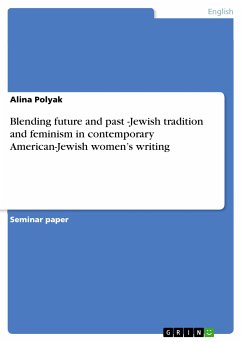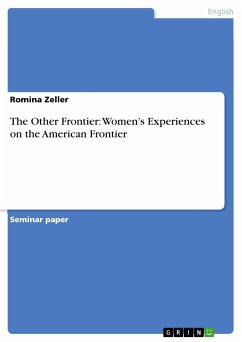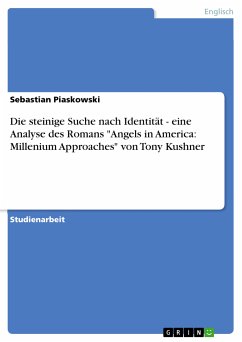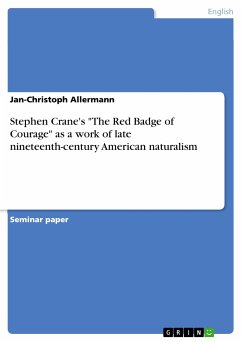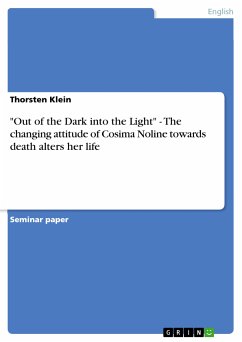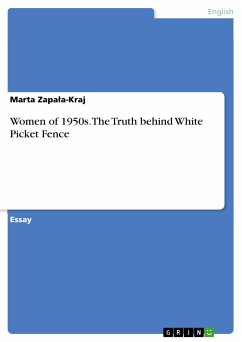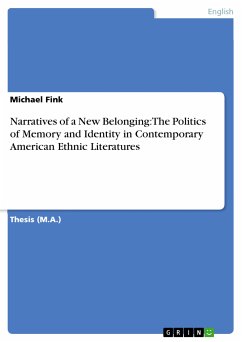Seminar paper from the year 2006 in the subject American Studies - Literature, grade: 1, University of Frankfurt (Main), course: Cross-cultural translation, language: English, abstract: In this paper I would like to explore how the Jewish tradition is represented in modern Jewish American feminist women’s fiction. I chose as examples Marge Piercy’s novel “He, She and It” and Cynthia Ozick’s story “ Putermesser and Xanthippe” from “The Putermesser Papers”. The attitude towards Judaism has changed significantly since the beginning of immigrant women’s writing at the threshold of the 20th century when writers like Anzia Yezierska or Mary Antin began new lives in the New World. In order to enter the American society and become successful they seemed to have no choice but to completely shed their Jewish roots, get rid of their Yiddish accent (at least in writing) and also part with the Jewish way of thinking. Especially as women, they received unheard-of opportunities in the New World; they wanted to become American as quickly as possible and the new identity required getting rid of the old. Judaism was out of fashion not only in literature but in general – according to Hasja Diner, in the late 1920’s, 80 percent of young Jews living in New York had no knowledge of Hebrew letters and no religious training. (344). Beginning with the second half of the 20th century till today the development seems to go in the direction of embracing one’s heritage.
Bitte wählen Sie Ihr Anliegen aus.
Rechnungen
Retourenschein anfordern
Bestellstatus
Storno

